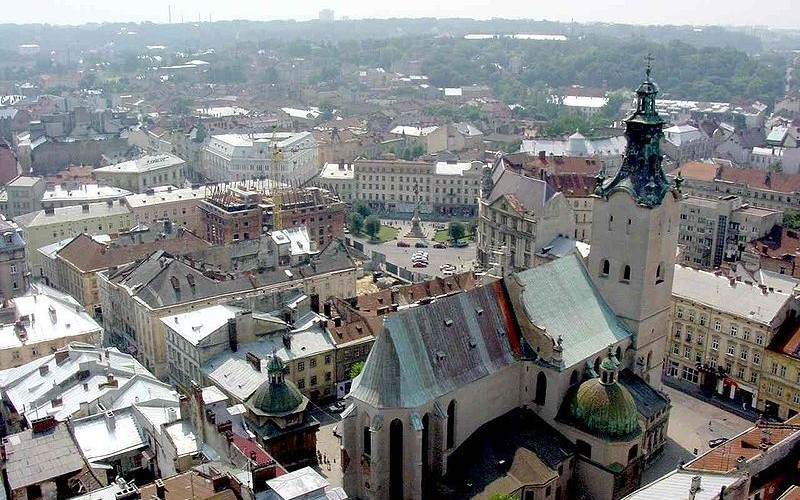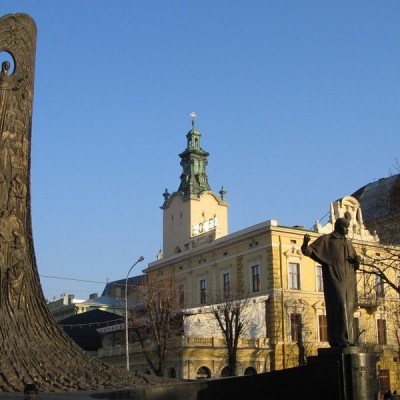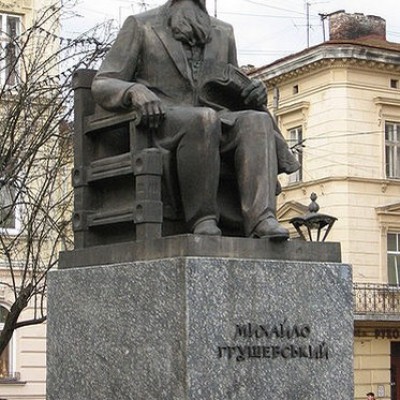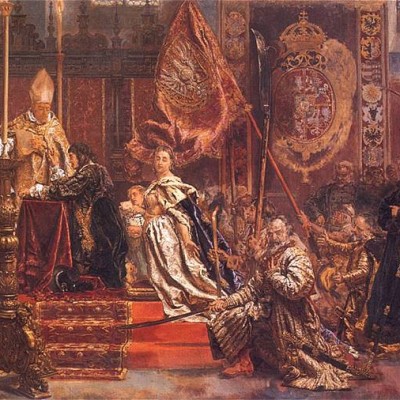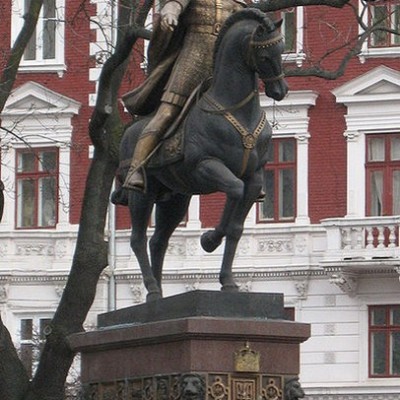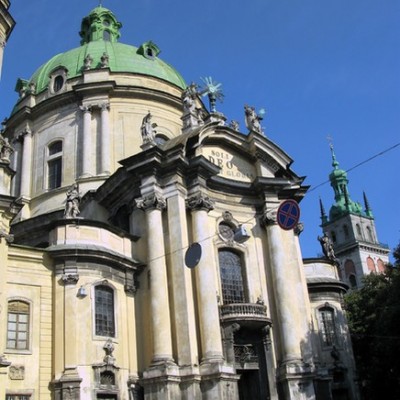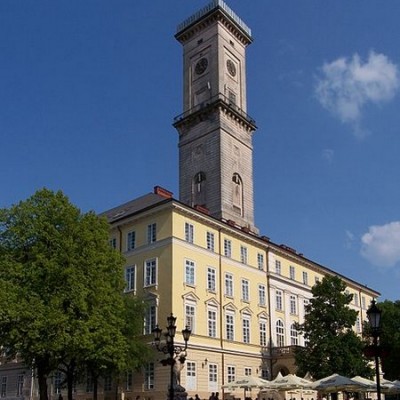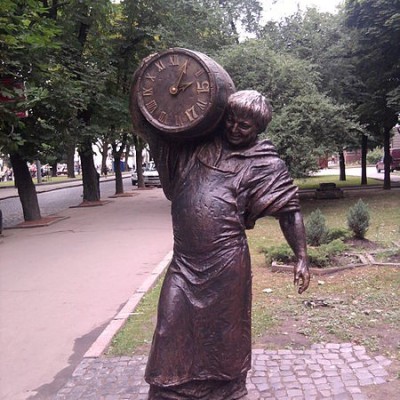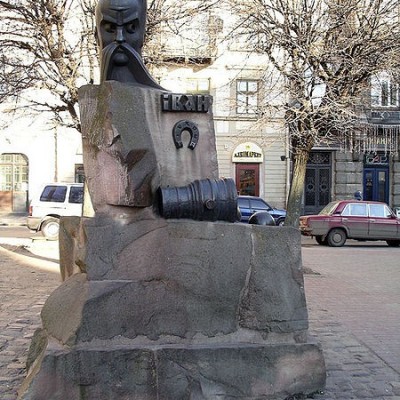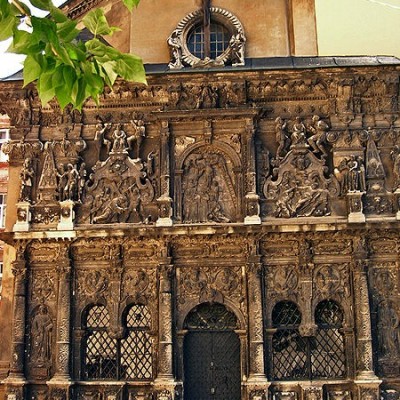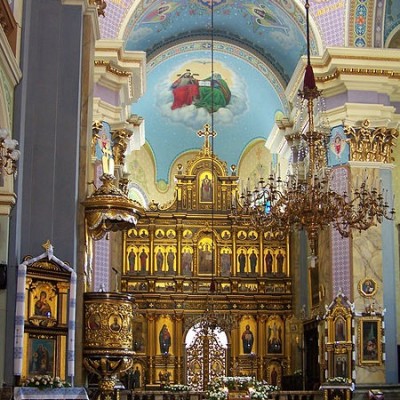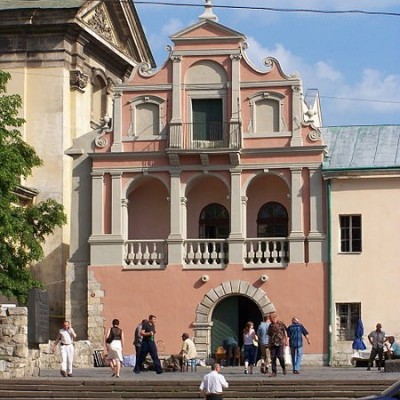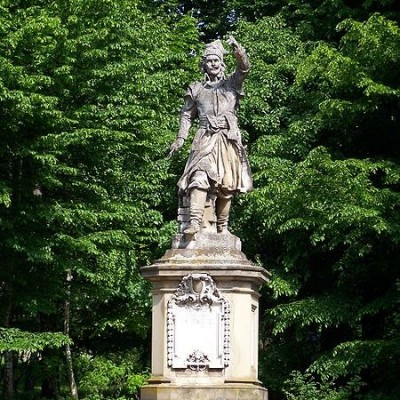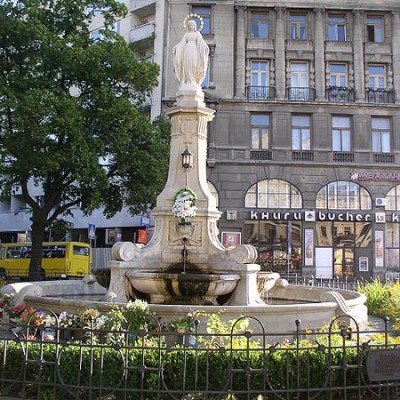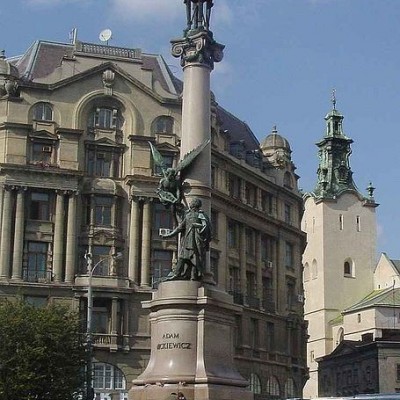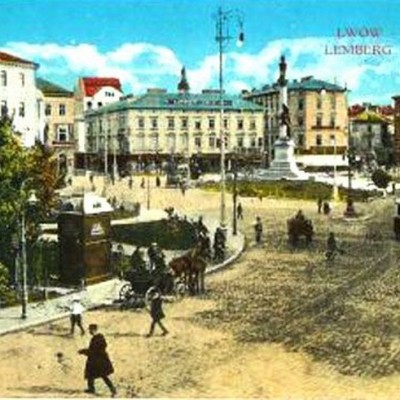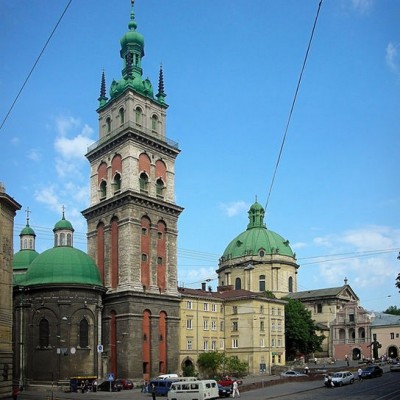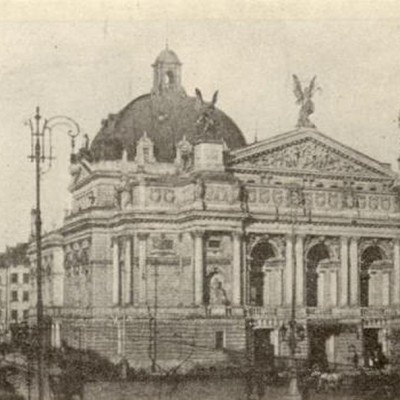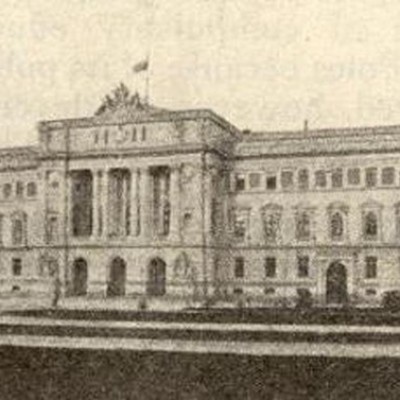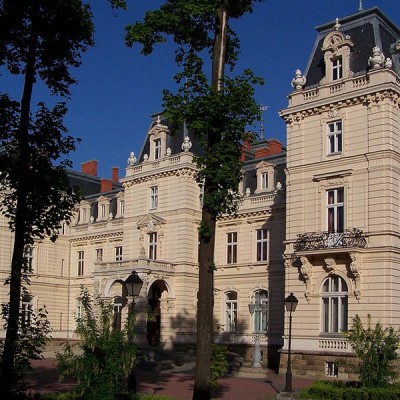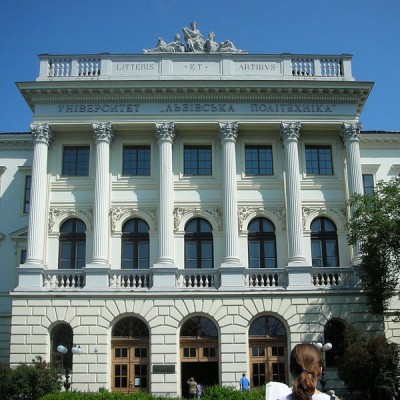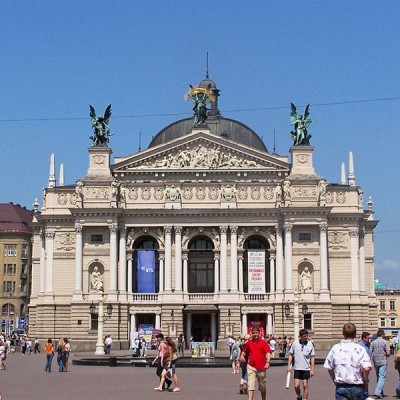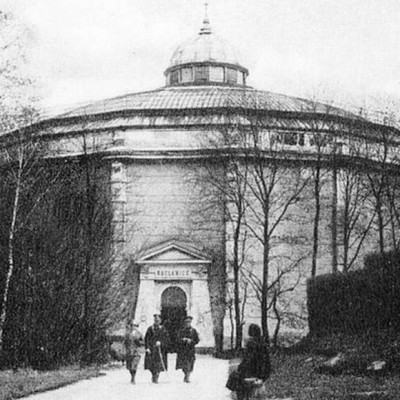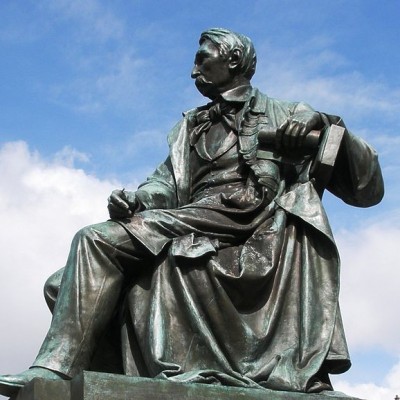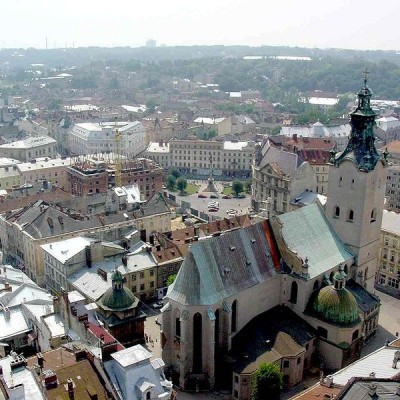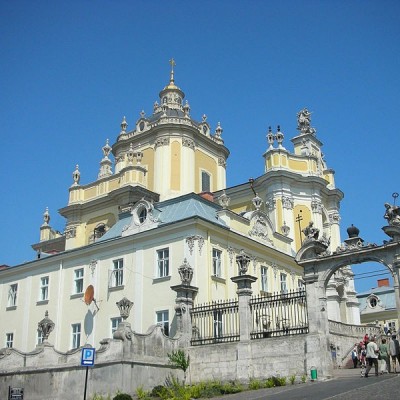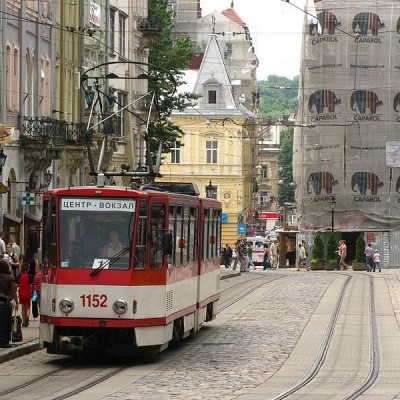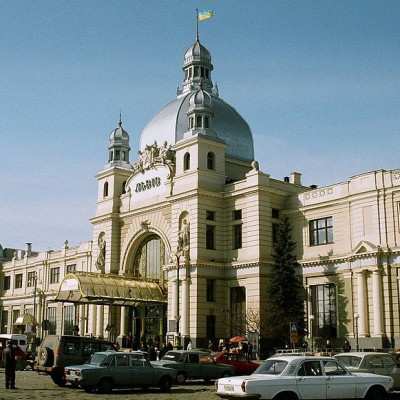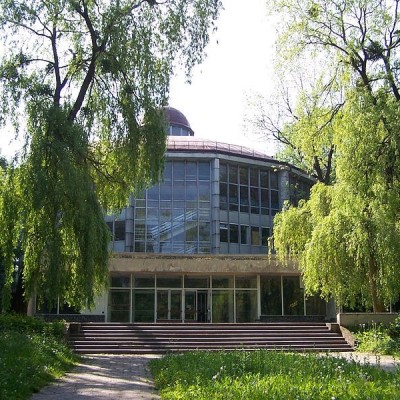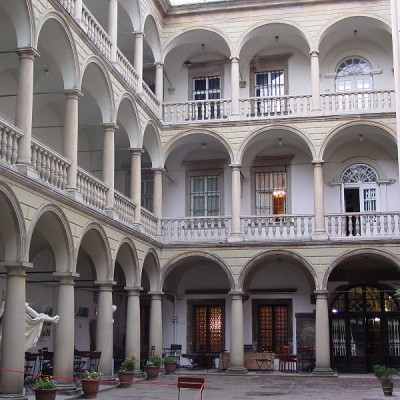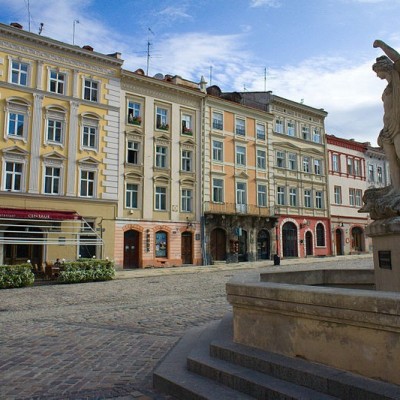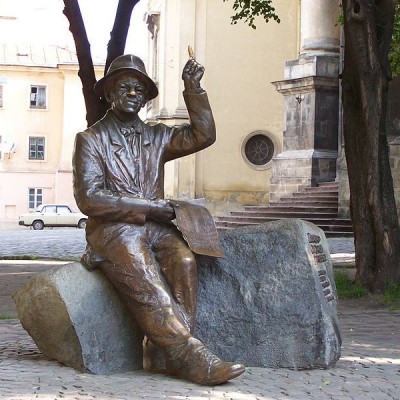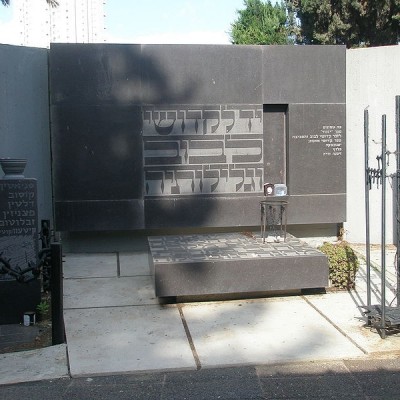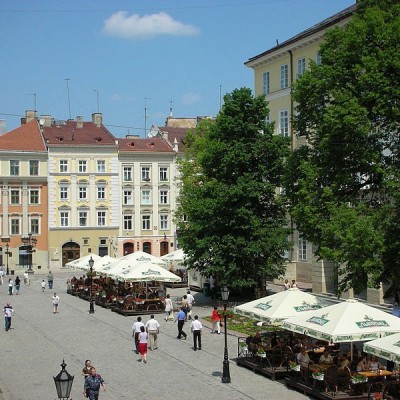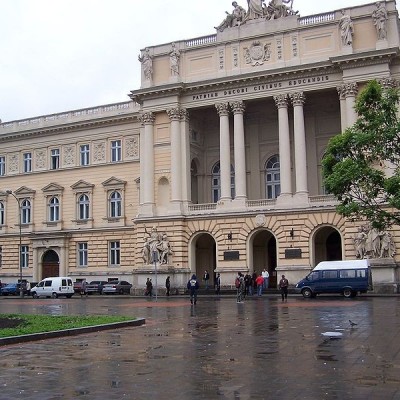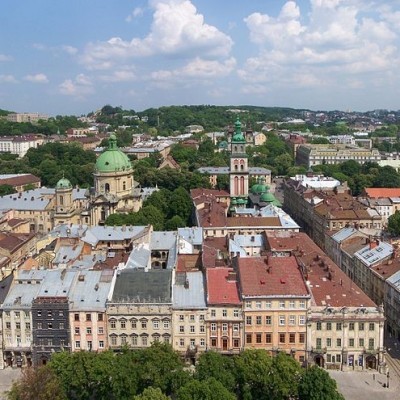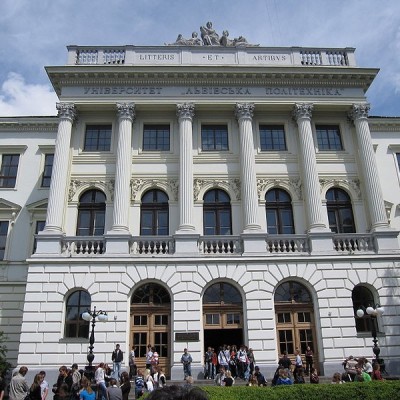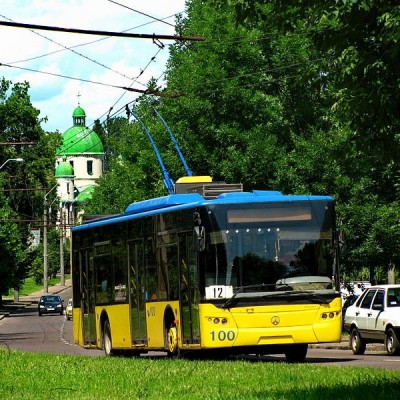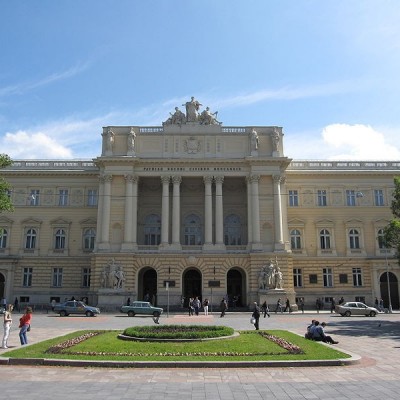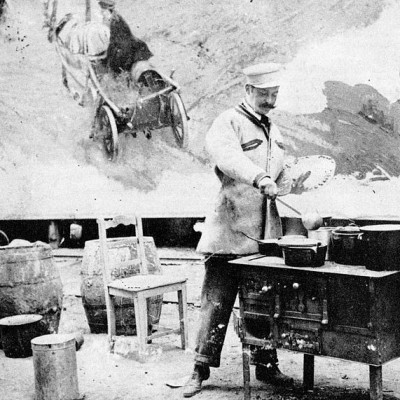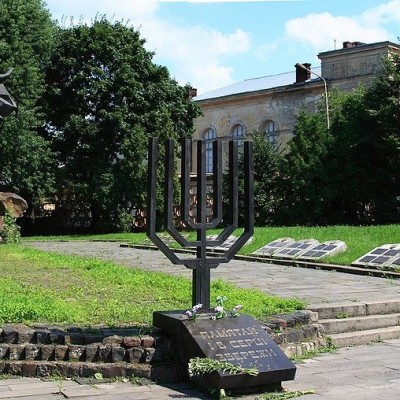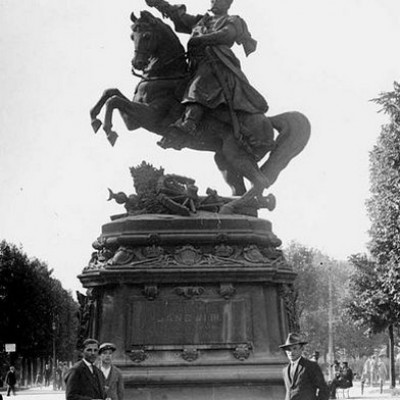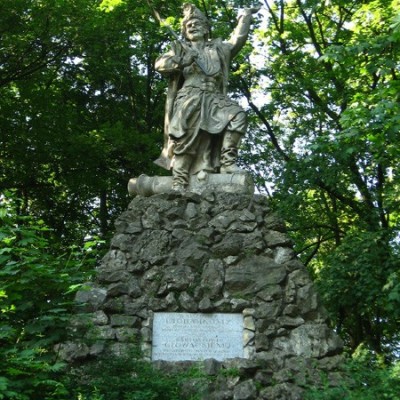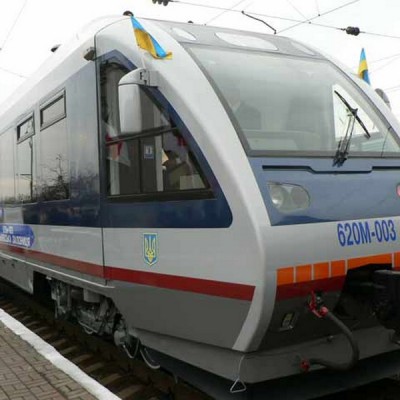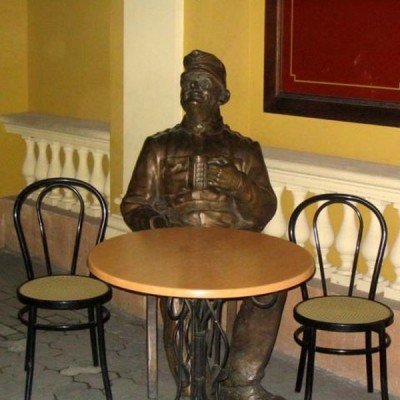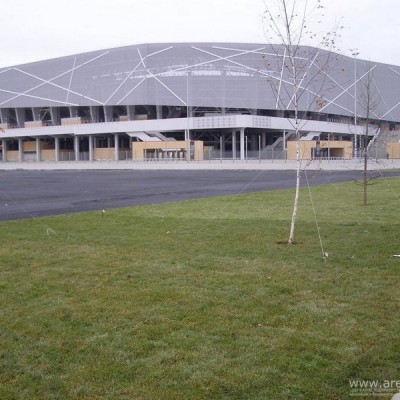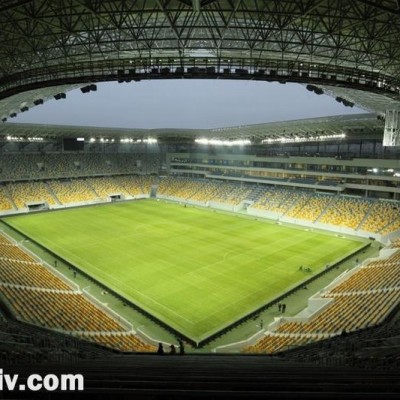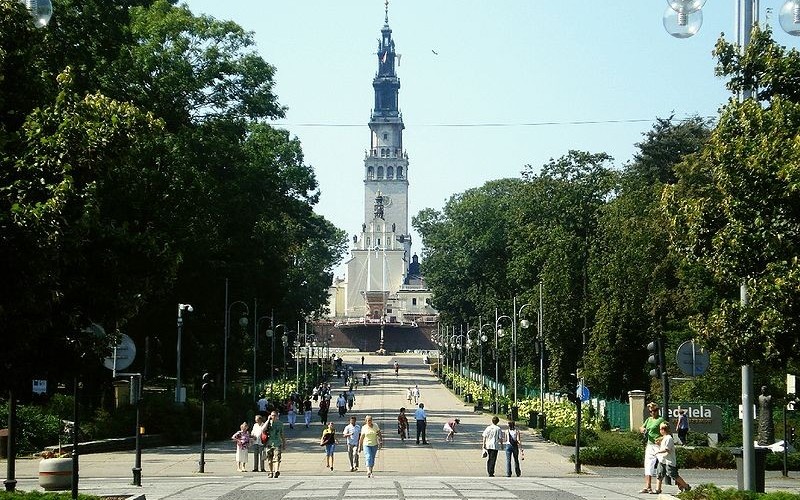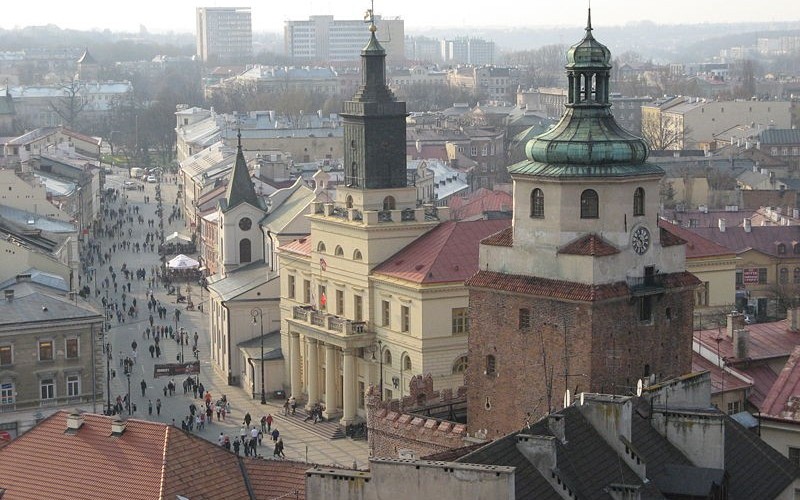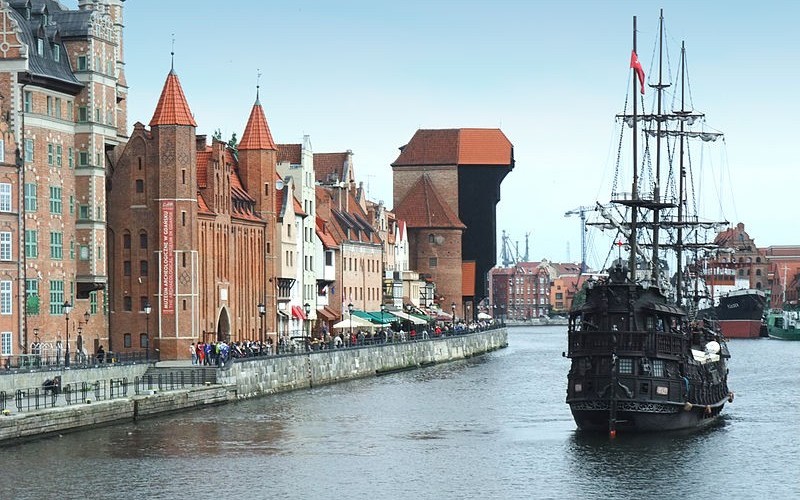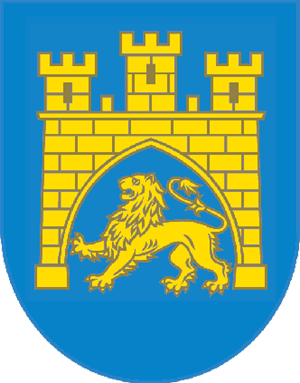 Lviv (formerly known as. Royal Capital City of Lviv, Ukrainian: Lviv, lat. Leopolis) – city and capital of Lviv region of Ukraine. Lviv is situated on the border of Eastern Mites and Highland Podolski, on Peltwia river. This is an important industrial center, hub airport, rail and road. Counts 790 000 inhabitants. Founded around 1250 years in Lekhian lands, located from of 981 years within the limits of Rus, by King Daniel I Halicki, who called the city of Lviv in honor of his son Lev.
Lviv (formerly known as. Royal Capital City of Lviv, Ukrainian: Lviv, lat. Leopolis) – city and capital of Lviv region of Ukraine. Lviv is situated on the border of Eastern Mites and Highland Podolski, on Peltwia river. This is an important industrial center, hub airport, rail and road. Counts 790 000 inhabitants. Founded around 1250 years in Lekhian lands, located from of 981 years within the limits of Rus, by King Daniel I Halicki, who called the city of Lviv in honor of his son Lev.
In the years 1340-1772 in the composition of the Republic, from 1434 was the capital of the Russian province of the Crown of Polish Kingdom. From the first Polish partition in 1772 to 1918 under Austrian rule. During the annexation was one of the most important centers of science, education and Polish culture and the political center and capital of Galicia. After the rebirth of the Polish State in 1918, again in its boundaries as the capital of Lwow Oblast of the Second Republic and one of the five major Polish cities, next Warsaw, Lodz, Krakow, Vilnius and Poznan. 1939-1945 – The German and Soviet occupation of Lvov, complete expulsion of Poles from the city and incorporated into the Ukrainian SSR. Since 1991, the republic within Ukraine.
Lwow as a multiethnic city grew development, to the outbreak of World War II in the coexistence of many different nationalities, in addition to the dominant element of Polish, in Lwow lived, Jews, Ukrainians, Armenians, Germans, Czechs, Russians and others. It works here Lviv University (established in 1661), Technical University of Lviv (1844), Lviv Art Gallery (1897), Grand Theatre (1900), Polish People’s Theatre (1958). The historic center of Lviv was inscribed on the UNESCO World Heritage List. Today Lviv is a major center of Polish science and culture in Ukraine. Old Town in Lviv in 1998 was inscribed on the UNESCO World Heritage Site, through an outstanding combination of architectural and artistic traditions of Eastern European-influenced Italian and German, as well as complementarity between living here once the various ethnic groups. These groups, though different, however, dependent on one another, left a permanent mark in the architecture and character of the city. Lviv is one of the most important academic centers in Ukraine. It is the seat of the Lwow University of Technology, founded in 1843 and Lwow University, founded in 1661, which is one of the oldest in Central Europe. The prestige of the University has increased significantly thanks to the work of Professor Kazimierz Twardowski (1866-1938).
Since its inception, the city of Lviv was diverse ethnically and religiously. According to the census of 1910 people were Roman Catholics in Lvov (52%), Jewish (29%), and the Greek Catholic (17%). Lviv is the seventh most populous city in Ukraine. In 2001 the city had 725 000 inhabitants of whom 86% are Ukrainians, Russians 8% and 5% of Poles. According to the Statistical Yearbook of 1931 the percentage of nationalities in the population of Lwow in 1930 was as follows: 67% Poles, Jews 22%, Ukrainians 9%, Germany 2%. According to the Austrian statistical census of 1909 amounted to 187 056 population of Lwow. The Austrian data from 1906 indicate that the inhabitants of Lwow socialize mainly used the three languages: Polish language – 120 612, German language and the Jewish jargon – 20.400, Ruthenian language – 15.159. In the nineteenth century next Krakow, Lvov was Polish intellectual center since 1870 enjoying the freedom of development of Polish and Ukrainian culture and science in a fairly liberal Austrian partition. Here lived famous writers and poets: Mikolaj Biernacki (Rodoć), Aleksander Fredro, Seweryn Goszczyński, Leopold Staff, Jan Kasprowicz, Jan Zahradnik, Gabriel Zapolska, Maria Konopnicka, Maryla Wolska, Beata Obertyńska and many others. Operate in Lwow vigorous scientific institution, the Department of National them. Ossolinski, which in addition to rich collections of the library also had its own publishing house. In Lwow from 1827 functioned Museum them. Lubomirski containing an extensive collection of works of art and historical memorabilia connected with the history of the Polish nation, was founded in 1857 Baworowski library with a collection of works of art, from 1869 at the Faculty of Philosophy, University of Lvov cathedral there was a history of art.
The most notable galleries and museums are the Lwow Art Gallery, the Museum of Religion and National Museum. Important to the musical life in Lwow was created in 1838 under the name of the company Galician Musical Society. Lwow was extremely impressive theaters. In 1842 the theater opened Skarbkowski, the third largest building in the then Central Europe, and in 1903 even grander opera house, modeled on the Viennese. Originally staged in the very varied repertoire, from classical dramas in German and Polish, through opera, operetta for comedy. In 1874 established in Lvov the theater Ukraine, which tied the many Ukrainian musicians. At that time, Polish theater, which hosts the opera, became the most important next to the operatic scene in Warsaw in Poland. In 1900, in Lwow the opera opened – Grand Theatre, which in the interwar period was one of three permanent opera houses in Poland (near Warsaw and Poznan). Were connected from scene including Salomea Kruszelnicka and Adam Didur, who after the success at La Scala, he returned to Lwow and from 1932 directed the opera and taught singing at the conservatory. In 1902 he founded the Philharmonic. Polish Radio Lwow launched January 5, 1930 was the first radio station in eastern Poland. Programs broadcast from Lviv proved very popular throughout the country. Enjoyed great popularity Merry Lviv Wave, cabaret program interspersed with music. International Airport is located approximately 6 km from the city center at the airport Skniłów. Lviv is one of the host cities for the UEFA European Football Championship Euro 2012.

